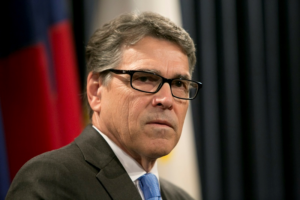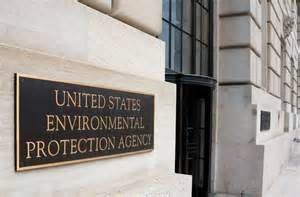Donald J. Trump one day will meet with the media.
One day … perhaps.
When he does, the president-elect might have to answer a set of questions from journalists. They deal with two key Cabinet picks.
Why did he choose two men — Scott Pruitt as the head of the Environmental Protection Agency and Rick Perry as secretary of energy — after they both have all but declared war on the agencies they will be asked to lead?
Pruitt is no fan of the EPA. As Oklahoma attorney general, he has sued the agency time and again for this and that reason. He’s allied with the fossil fuel industry. He seems to hate the clean-air rules the EPA has laid down. He doesn’t believe that climate change is real — and dangerous.
Former Texas Gov. Perry in 2011 said he wanted to eliminate the Energy Department … or at least he tried to say so, but he got hung up in that “oops” moment during a Republican presidential debate.
I’m puzzled by these two picks. I have some hope that Perry might have changed his mind about the Energy Department. I’m not at all comfortable with Pruitt and his continued commitment to battle the very agency he is being asked to oversee.
I just hope the president-elect takes some time to explain to many of us out here what in the world he is thinking about these two critical agencies.

